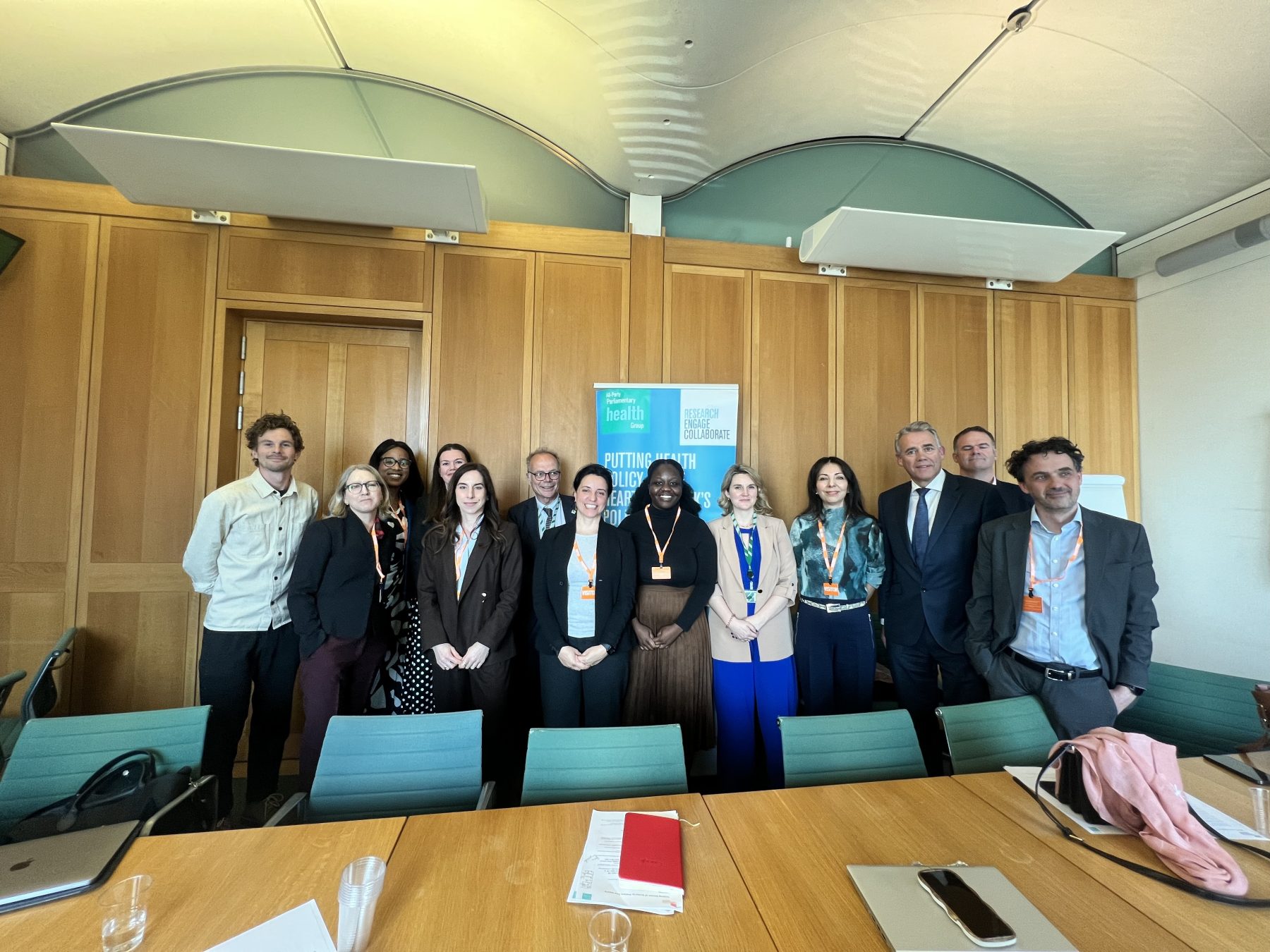Despite the ongoing pandemic, the energy sector has been mostly resilient so far. Several health and safety measures were introduced to protect workers and guarantee the reliability of service provision, and energy generation continued across the country.
The continuity of service provision, however, does not mean that the past weeks have been without challenges for the sector. Building on insights from our COVID-19 and the Energy Sector online event, this blog will highlight some key take-home messages. It explores what steps we need to take to keep the lights on for everyone during the pandemic and its aftermath, and highlights what actions we need to take to ‘build back better’ post-COVID, facilitating a green recovery.
- Urgent action on fuel poverty and energy efficiency is needed to avoid a potential ‘deadly collision’ between cold homes and COVID-19
Despite a 15-20% reduction in total electricity demand as many economic sectors have halted, domestic energy consumption has increased. Households where people are staying at home are estimated to pay up to £16 extra per month on energy[1]. These figures are likely to be higher for people who live in properties with lower levels of energy efficiency, as it is calculated to be £2,000 more expensive per year to heat a home with an Energy Performance Certificate (EPC) ‘G’ rating compared to the standards of a home rated EPC ‘C’ or above[2]. According to the latest figures (2018 data), fuel poverty already affects 2.4 million households in England[3]. But coupled with the negative impact COVID-19 has had on people’s finances, the current pandemic is likely to increase fuel poverty figures further. While we have been fortunate that COVID-19 has struck under warmer weather, a potential second wave during a cold winter with many fuel poor households can become a ‘deadly collision’. Already around 10,000 people die each year directly due to cold homes[4], and poorly heated households have previously been reported to have an impact on respiratory diseases[5] which highlight the importance of addressing fuel poverty and improving energy efficiency.
- It is vital to address the risk of self-disconnection by strengthening the current customer support scheme and by installing smart meters as a longer-term solution
According to Ofgem, 4.3 million customers in the UK use prepayment energy meters[6]. This already posed a risk of self-disconnection from energy supply prior to coronavirus. During the current pandemic, the issue has become more pressing with people unable to go to shops for top-ups due to self-isolation, or financial difficulties resulting from COVID-19.
The Government’s quick action with energy industry stakeholders to protect customers in vulnerable situations was an important step to address this problem[7] and it has been very positive that the scheme came into effect early on.
While the scheme supports many customers, further action is needed to remove accessibility barriers that have arisen. This could be achieved by raising customer awareness of the availability of support, and by reducing the need for customers to make contact with their supplier. Although the scheme currently emphasises that customers need to contact their suppliers directly, suppliers could also use their own intelligence and data to contact vulnerable customers.
COVID-19 has also stressed the importance of addressing this issue of self-disconnection longer-term. As smart meters offer more flexibility for consumers, we need to look at how the ‘targeted install’ of these appliances would look.
- While it is very important to urgently tackle the challenge of COVID-19, we cannot allow net zero to fall off the political agenda.
Although COVID-19 will reprioritise certain goals, it is important to keep delivering on net zero action to reach the 2050 target. As net zero represents a great opportunity for economic recovery post-COVID, it is especially important to tackle the challenge of COVID-19 and net zero in an interlinked manner. For instance, besides its importance to achieve net zero, energy efficiency can play an important role in facilitating a green, post-COVID recovery due to its potential for job creation as well as skills development, and it can help to tackle fuel poverty. .
- Lessons we learn from the current situation can help deliver decarbonisation.
Over recent weeks, low electricity demand and the much higher than usual penetration of renewables in the energy network has represented a management challenge for the network operator[8]. This has, however, presented a helpful rehearsal for the 2025 coal free target, helping to get to new protocols for energy management, pushing forward the launch of a new inertia product and preparing for the long-term high presence of renewables in the system.
But it is important to note that what gets us to the coal phase out will not be enough to reach net zero which requires wider societal change. Therefore, it is important to think about how we could build on the societal change that COVID-19 has brought about to reach the 2050 target.
- Put people at the heart of net zero by engaging them with consultations, raising the public’s awareness, providing free and impartial energy advice and putting appropriate consumer protections in place.
Alongside its potential to boost the post-COVID recovery, certain aspects of decarbonisation will potentially mean disruption to people’s lives. Following COVID-19’s disruption, there is a need for an honest national conversation to build political consensus and raise awareness of the realities of the net zero transition.
As our report Uncomfortable Home Truths underlined, people will need to be provided with free, impartial and localised energy advice, and appropriate consumer protections need to be in place which are crucial to give people confidence to take the necessary steps towards decarbonisation, including low carbon heating and energy efficiency (e.g. insulation).
- Help industry on the road to net zero through long-term policy clarity and Government support
To enable the delivery of net zero, continued long-term policy clarity, transparency, ‘regulatory unblocking’ and support from the Government is crucial.
Finally, during the green recovery and net zero transition, it is important to ensure that rather than ‘chasing’ energy intensive industries abroad, we help them decarbonise and stay in the UK, continuing to provide jobs.
[1] https://www.uswitch.com/media-centre/2020/03/stay-home-britons-spend-extra-52-million-week-energy-bills/
[2] http://www.social-policy.org.uk/spa-blog/tackling-fuel-poverty-the-implications-of-covid-19-by-baker-et-al/
[3]https://assets.publishing.service.gov.uk/government/uploads/system/uploads/attachment_data/file/882404/annual-fuel-poverty-statistics-report-2020-2018-data.pdf
[4] https://www.nea.org.uk/media/news/300420-1/
[5] http://www.nea.org.uk/wp-content/uploads/2019/02/NEA-Under-One-Roof-FULL-REPORT-FINAL-Feb-19.pdf
[6] https://www.ofgem.gov.uk/system/files/docs/2019/11/20191030_state_of_energy_market_revised.pdf
[7] https://www.gov.uk/government/news/government-agrees-measures-with-energy-industry-to-support-vulnerable-people-through-covid-19
[8] The high penetration of renewables lowers system intertia, representing a challenge manage the energy network.



